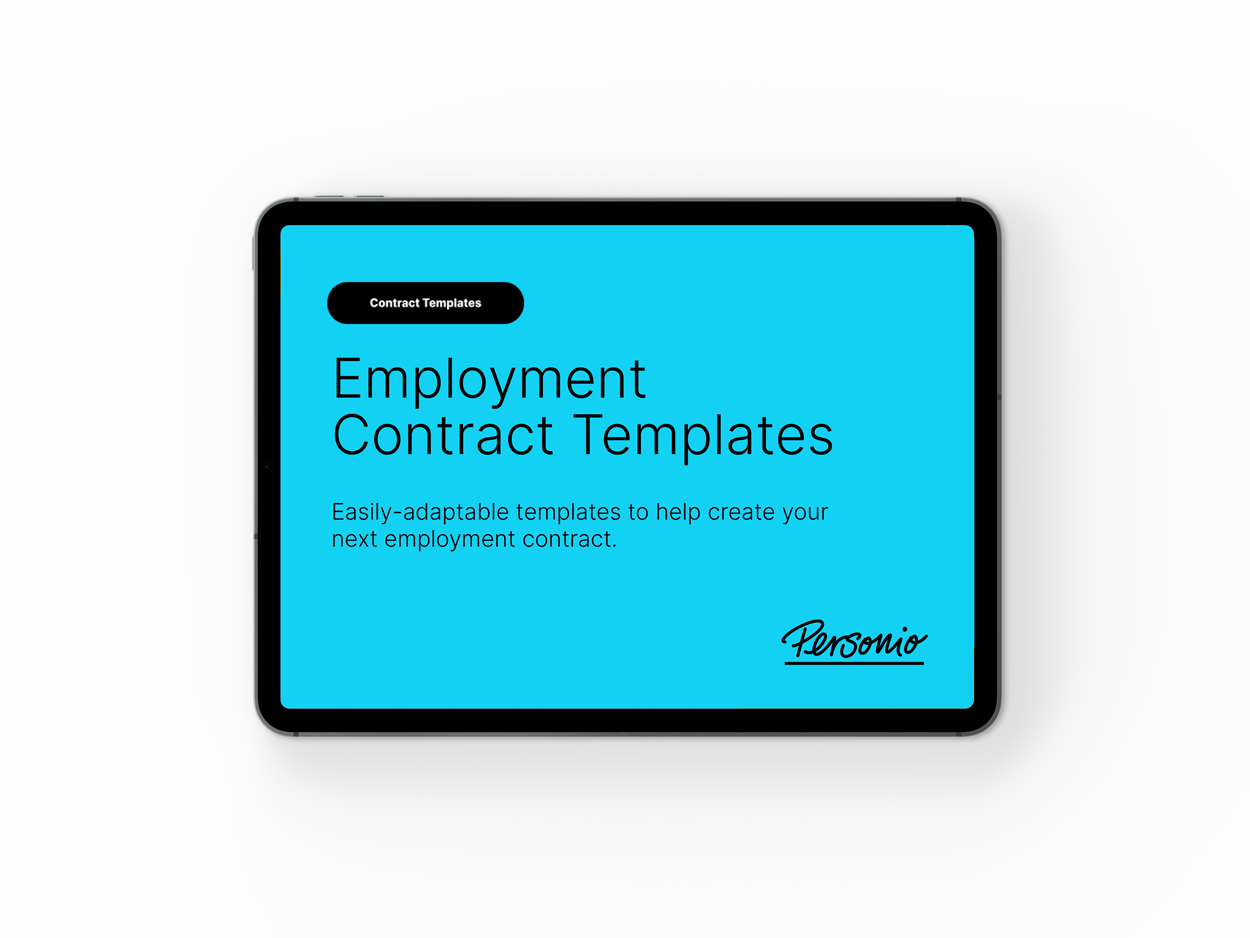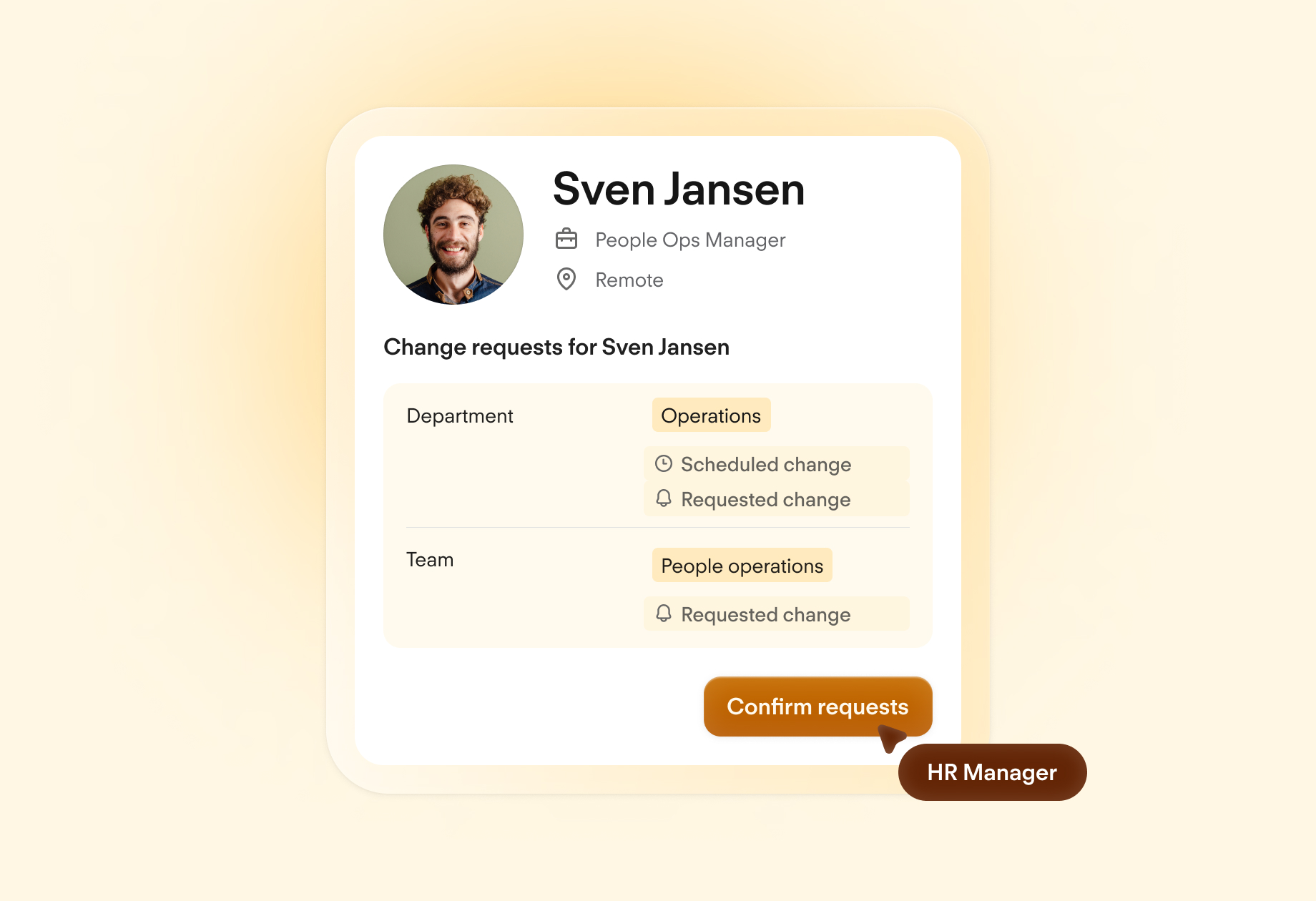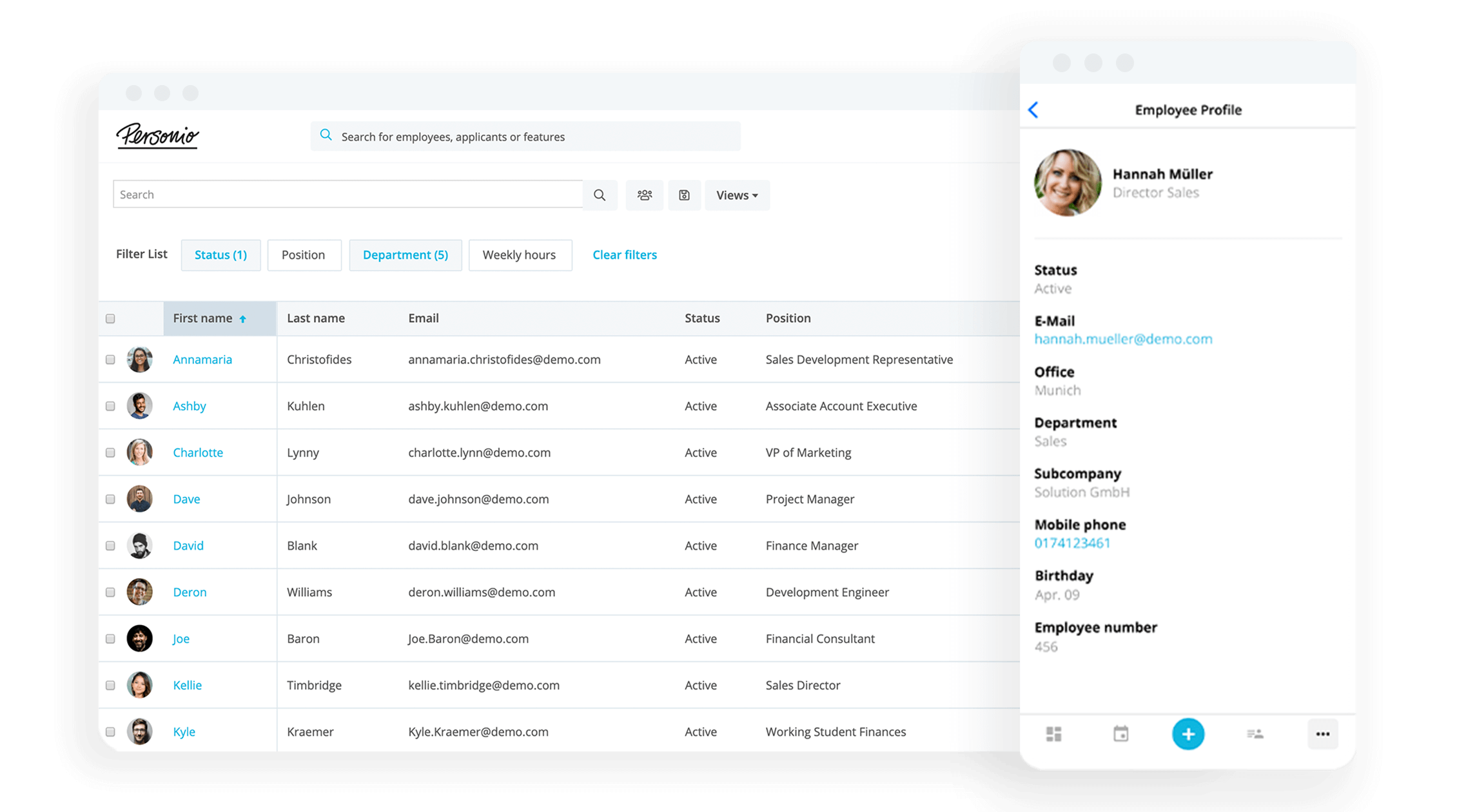What Is a Contingent Worker? Description, Examples and Benefits

Your company might need more hands on deck during the busy season but hiring more full-time employees is too expensive. In that case, you might want to bring in outside, temporary help in the form of contingent workers. Below is a detailed guide on what a contingent worker is and how utilising their services can benefit your company when your staff needs assistance.
Key Facts
Contingent workers are individuals, oftentimes with speciality knowledge of training, who can help teams complete a project more efficiently.
Companies hire contingent workers temporarily and pay them based on hours worked or commission.
A company isn’t obligated to add contingent workers to the payroll or provide them with employee benefits.
What Is a Contingent Worker?
Contingent workers (also called independent contractors, freelancers or temporary workers) are individuals the company hires to manage a heavy workload or complete certain complex tasks.
Typically, these independent contractors lend expert services to a business when in the midst of an intensive project. The company is not obligated to hire the contractor again after that individual completes their work.
Contingent Workers vs. Standard Employment
While contingent and standard employees can both help your business grow, each interacts with your company in notably different ways.
For example, independent contractors aren’t added to the payroll, unlike your typical workforce, though you do pay them for their services. Additionally, your company isn’t obligated to provide contractor employee benefits, though some companies still do if the contractors last long-term.
Contingent workers are also responsible for their own taxes. The government relies on your company to classify these workers correctly so the appropriate agencies can determine how much they owe.
The People Manual: HR Analytics & KPIs

Over half a decade of collected insights on everything related to the KPIs that drive success in HR. Grab your free copy right now.
Download your copy todayWhat Are Some Examples of Contingent Workers?
There are several types of contingent workers that provide a variety of expert services for your company while they’re under contract.
Writers. A writer can help a company create or update marketing materials, draft reports and other intensive tasks.
Brand ambassadors. These freelancers publicly represent your company to increase awareness of what your business offers. They’re often hired for trade shows or marketing events.
Consultants. Consultants provide expert advice on niche topics to help keep your company working at peak performance.
Creatives. Several services fall under creative work, including graphic design or animation. These freelancers often help with marketing materials or creating content for the company website.
Accountants. Companies use freelance accountants to accurately track spending activities, complete bookkeeping tasks and conduct other essential financial tasks.
Project managers. These contingent workers oversee the completion of projects that your workforce may not have the skill set, or time, to handle.
Benefits of Hiring Contingent Workers
Due to the nature of their work, hiring contingent workers can provide several benefits that your full-time workforce can’t always meet. While that doesn’t always or necessarily make them better than a standard workforce, these supplemental workers can enhance overall productivity for your existing teams.
Decrease Gaps in Skills
While your recruiters find the best candidates to fill company positions, your workforce may still be missing vital skills for certain projects. Contingent workers help fill those skill gaps when necessary, providing knowledge and experience quickly until a permanent replacement is found.
Gain New Perspectives
Depending on how closely an independent contractor works with your company, their experience with other companies can shed light on aspects of your company that can improve. Additionally, when working alongside a team of standard employees, their outside perspective and in-depth knowledge can spot obstacles or opportunities that others don’t.
Save Time
When you hire a contingent worker, they can start working almost immediately without extensive onboarding or extra training. Also, this is another area where their experience benefits you because they’ll know the standard process for the task you assign, ensuring they meet deadlines.
Increase Market Reach
Independent contractors bring outside perspectives to your teams that help you see what you’re doing in a new light. This can bring the precise insight you need to break through to new audiences. Contingent workers with these diverse backgrounds can provide insight into the type of content you should produce, new advertising channels to try and new audiences to market to, among other activities that broaden your market reach.
Download: Employment contract templates

We took the time to create some helpful, UK-specific employment contract templates to help your organisation sign your next great hire. Download them today for free.
Download them nowImprove Productivity
Many contingent workers are added on a project-to-project basis to help close skill gaps that would’ve slowed down the regular employee team. Adding more hands to one assignment doesn’t always increase productivity, but the contractor can provide expert counsel to help ensure progress stays on track. That could mean pointing out potential obstacles or bringing in an expert on a speciality software or programme.
Reduce Costs
Regular employees can provide more long-term benefits to your company, but that comes with the expenses of training and onboarding. In addition, to maintain morale and comply with the law, you must provide certain schemes. On the other hand, contingent workers only need to be compensated for the work they perform for your company, with no other expenses required.
Maximise Flexibility
A pool of reliable talent your company can draw from provides more options when a project requires a specific skill. Good contract workers can broaden your company’s opportunities to succeed by ensuring you have the resources to take risks you couldn’t with your normal workforce. Similarly, they can help when you need help handling a sudden surge in work from recent company growth or increased demand.
Frequently Asked Questions About Contingent Workers
What Is an Example of a Contingent Worker?
Contingent workers are individuals with specific talents who are brought in to perform company tasks that regular employees can’t. People who fall under the term include:
Copywriters
Photographers
Videographers
Accountants
Project Managers
Brand Ambassadors
Why Do Companies Hire Contingent Workers?
Companies hire contingent workers to temporarily supplement their workforce with skilled talent that can cover skill gaps in the regular workforce and provide help during busy periods.
Is Contingent Worker the Same As Contract Worker?
Contingent workers receive commission or hourly payment for their services, while contractors have an agreed-upon payment on a set schedule, sometimes given by a staffing agency. Contractors can work temporarily or permanently and receive benefits depending on company policy.
The Role of Contingent Workers in Your Business
While a company’s normal workforce may be enough for most tasks, contingent workers are a valuable resource when dealing with a large or complex workload.
When your normal workforce is experiencing difficulty with a project, temporarily bringing in skilled and experienced workers can mean the difference between success and failure.
However, knowing what type of contingent worker to bring on means understanding the skill gaps within your workforce. With that in-depth analysis, you can set your business up for success.
Disclaimer
We would like to inform you that the contents of our website (including any legal contributions) are for non-binding informational purposes only and does not in any way constitute legal advice. The content of this information cannot and is not intended to replace individual and binding legal advice from e.g. a lawyer that addresses your specific situation. In this respect, all information provided is without guarantee of correctness, completeness and up-to-dateness.

